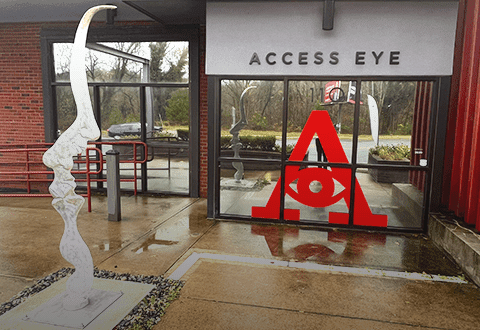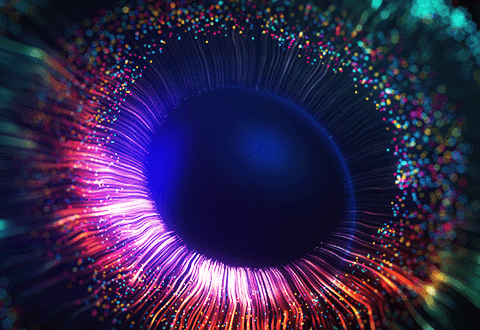Why You Shouldn’t Sleep in Your Contacts

If you have a habit of sleeping in your contact lenses it would behoove you to stop. Most contact lens wearers have slept in their contacts at least a few times, but it’s always a bad idea. Not only do you run the risk of eye discomfort, but serious infections can occur.
Read on as Access Eye breaks down exactly why you should always remove your contact lenses before nodding off.
Foreign Matter and Infection Risk
During the day, your contact lenses tend to attract all sorts of foreign matter. Dirt, germs, and debris all find their way into your lenses through daily use — that’s material you don’t want stewing in your eye overnight.
Pollutants have a nasty habit of working themselves underneath your lens and coming into direct contact with the surface of the eye. The longer your contact lenses remain in, the greater your chance of developing microscopic tears on your cornea, giving these pollutants greater access to your inner eye. Bacteria can enter through the tears and cause an infection — conjunctivitis is not uncommon. And the more debris present on your lens, the more likely you are to develop an infection.
Corneal ulcers, keratitis, and even corneal scarring may result from overuse of contact lenses.
Removing your contact lenses before sleeping reduces your chance of developing one of these conditions.
Oxygen Flow
The surface of your eye, or cornea, receives oxygen from both air (daytime) and blood vessels in the eyelid (nighttime). If you sleep in your contacts, you stop the cornea from receiving this oxygen. This can lead to a condition called “corneal neovascularization” — an inflammation of the cornea. This inflammation can potentially change the very shape of your cornea, making it impossible for you to wear contacts at all.
Extended Wear Contacts: A Similar Problem?
Extended wear contacts allow some oxygen to pass through to the cornea. However, the risk of infection from trapped foreign matter still remains. If you opt for extended wear contacts, remember to clean and disinfect the lenses as often as possible.
















